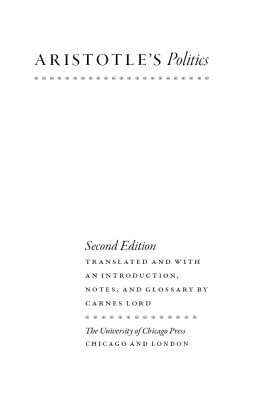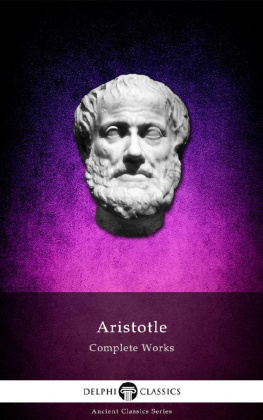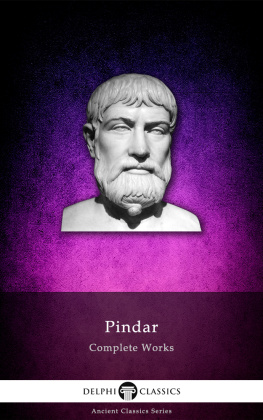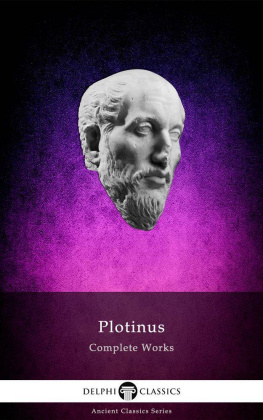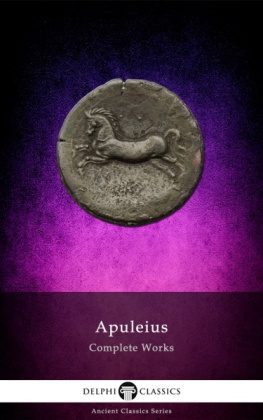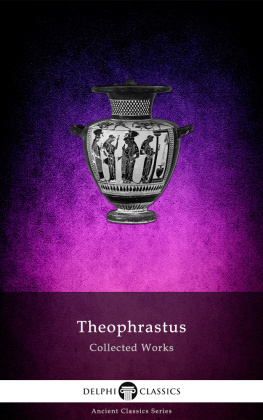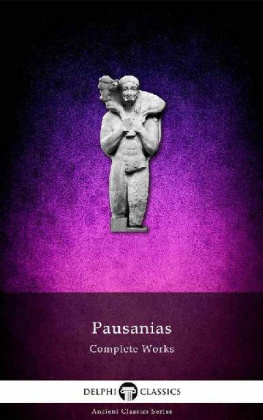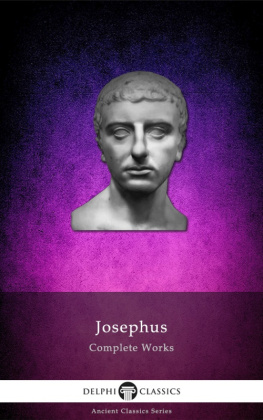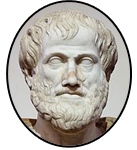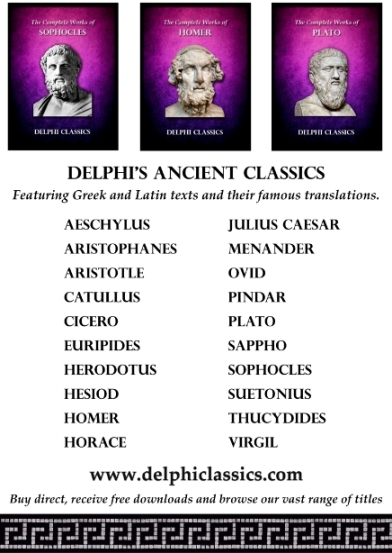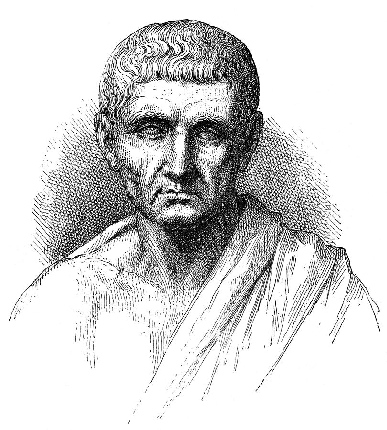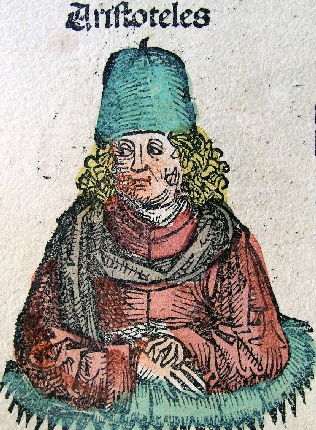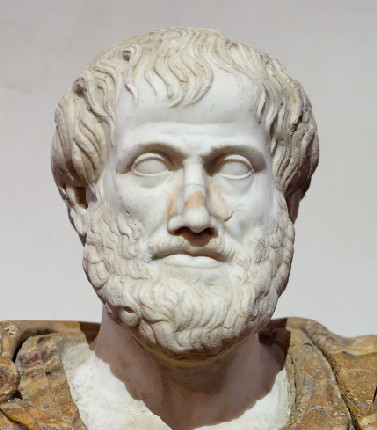Aristotle - The Complete Works of Aristotle (Delphi Ancient Classics Book 11)
Here you can read online Aristotle - The Complete Works of Aristotle (Delphi Ancient Classics Book 11) full text of the book (entire story) in english for free. Download pdf and epub, get meaning, cover and reviews about this ebook. year: 2013, publisher: Delphi Classics, genre: Science. Description of the work, (preface) as well as reviews are available. Best literature library LitArk.com created for fans of good reading and offers a wide selection of genres:
Romance novel
Science fiction
Adventure
Detective
Science
History
Home and family
Prose
Art
Politics
Computer
Non-fiction
Religion
Business
Children
Humor
Choose a favorite category and find really read worthwhile books. Enjoy immersion in the world of imagination, feel the emotions of the characters or learn something new for yourself, make an fascinating discovery.

The Complete Works of Aristotle (Delphi Ancient Classics Book 11): summary, description and annotation
We offer to read an annotation, description, summary or preface (depends on what the author of the book "The Complete Works of Aristotle (Delphi Ancient Classics Book 11)" wrote himself). If you haven't found the necessary information about the book — write in the comments, we will try to find it.
Please note: some Kindle software programs cannot display Greek characters correctly, however they do display correctly on Kindle devices.
* Beautifully illustrated with images relating to Aristotles life and works
* Features the complete works of Aristotle, in both English translation and the original Greek
* Concise introductions to the treatises and other works
* Provides all of the spurious works in English translation, many appearing for the first time
* Includes translations previously appearing in Loeb Classical Library editions of Aristotles works
* Excellent formatting of the texts
* Easily locate the section or works you want to read with individual contents tables
* Includes Bekker reference numbers to aid study
* Features five bonus biographies, including Diogenes Lartius famous biography immerse yourself in Aristotles ancient world!
* Scholarly ordering of texts into chronological order and literary genres
Please visitwww.delphiclassics.comto browse through our range of exciting titles, including the Complete Works of Plato
CONTENTS:
The Translations
LOGIC
Categories (1a)
On Interpretation (16a)
Prior Analytics (24a)
Posterior Analytics (71a)
Topics (100a)
Sophistical Refutations (164a)
PHYSICS
Physics (184a)
On the Heavens (268a)
On Generation and Corruption (314a)
Meteorology (338a)
On the Universe (391a)
On the Soul (402a)
The Parva Naturalia
Sense and Sensibilia (436a)
On Memory (449b)
On Sleep (453b)
On Dreams (458a)
On Divination in Sleep (462b)
On Length and Shortness of Life (464b)
On Youth, Old Age, Life and Death, and Respiration (467b)
On Breath (481a)
History of Animals (486a)
Parts of Animals (639a)
Movement of Animals (698a)
Progression of Animals (704a)
Generation of Animals (715a)
On Colours (791a)
On Things Heard (800a)
Physiognomonics (805a)
On Plants (815a)
On Marvelous Things Heard (830a)
Mechanics (847a)
Problems (859a)
On Indivisible Lines (968a)
The Situations and Names of Winds (973a)
On Melissus, Xenophanes, and Gorgias (974a)
METAPHYSICS
Metaphysics (980a)
ETHICS AND POLITICS
Nicomachean Ethics (1094a)
Great Ethics (1181a)
Eudemian Ethics (1214a)
On Virtues and Vices (1249a)
Politics (1252a)
Economics (1343a)
RHETORIC AND POETICS
Rhetoric (1354a)
Rhetoric to Alexander (1420a)
Poetics (1447a)
Constitution of the Athenians
The Greek Texts
PRONOUNCING ANCIENT GREEK
LIST OF GREEK TEXTS
The Biographies
ARISTOTLE: LIVES OF THE EMINENT PHILOSOPHERS by Diogenes Lartius
ARISTOTLE by Elbert Hubbard
ARISTOTLE by Charles McRae
ARISTOTLE AND ANCIENT EDUCATIONAL IDEALS by Thomas Davidson
ARISTOTLE by William MacGillivray
Please visitwww.delphiclassics.comto browse through our range of exciting titles
Aristotle: author's other books
Who wrote The Complete Works of Aristotle (Delphi Ancient Classics Book 11)? Find out the surname, the name of the author of the book and a list of all author's works by series.


